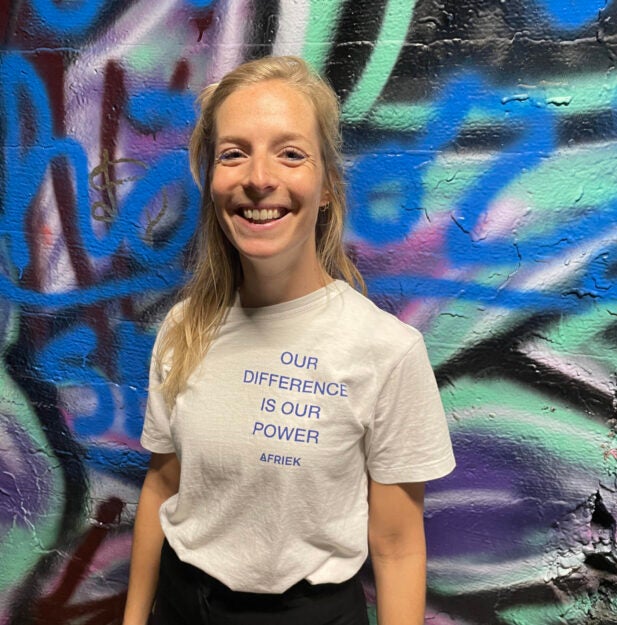When did you join the HSIL and what’s your role?
I joined the Lab in September 2022 as a Visiting Scientist. I’m also a postdoc at the Heidelberg Institute of Global Health in Germany. Next to leading various research projects, I am part of the Social Media team and involved in activities around strategy development of the Lab and onboarding and mentoring of students within the Lab.
Can you tell us more about your work?
During my time at the Lab, I am involved in various studies on HIV and on cardiovascular diseases. I joined two large ongoing projects – one aims to assess the economic impact of cardiovascular diseases globally and the other aims to compare disease risk and healthcare performance across different settings.
I’m currently leading studies focused on (1) assessing individual- and population-level clustering of risk factors for HIV and cardiovascular diseases, (2) comparing diabetes and hypertension cascade-of-care outcomes for HIV-patients versus people living without HIV, and (3) mapping differences in healthcare access and quality of care for HIV, diabetes and hypertension by age, sex, demographic and socioeconomic factors in sub-Saharan Africa.
Can you tell us more about your background?
I studied Veterinary Medicine in Utrecht, The Netherlands, where I graduated in 2017. I pursued my PhD in Epidemiology at Erasmus University Rotterdam, in which I focused on targeting and optimising health service delivery for HIV/AIDS. A relatively uncommon career trajectory as a vet… but generally, disease epidemiology and population-based control and prevention strategies are not that different between animals and humans. In fact, two-thirds of infectious diseases in humans spilled over from animals at a certain stage. This is the case for HIV, avian flu, and possibly also COVID-19. Hence, my background provides a valuable perspective for global health and health systems research.
“A relatively uncommon career trajectory as a vet… but generally, disease epidemiology and population-based control and prevention strategies are not that different between animals and humans”
Why did you decide on working in global health systems and healthcare innovation?
During my bachelor in Veterinary Medicine, I became interested in public health. I wanted to further explore this interest and did internships at the UN Food and Agriculture Organization in Rome and the Dutch Ministry of Health in The Hague to dive into a broad range of public health-related topics. The passion for public health and global health only has grown since then. During my PhD, I had the opportunity to go to Zimbabwe to assist the government with designing location-tailored HIV-control strategies, based on the created 5×5 km-level HIV prevalence maps. My interest in healthcare innovation was further ignited during the research projects and consultancies that I worked on at the Heidelberg Institute for Global Health focusing on health service integration and alternative health financing models.
After my PhD, I was keen on working in the space of global health systems innovation while combining scientific research with team-based innovation projects and teaching. Hence, the Harvard Health Systems Innovation Lab is the perfect environment for me. Here, the focus is, next to research, largely on innovating healthcare systems through creative ideas and collaborations. The work has direct implications for improving healthcare systems around the globe.
What do you like most about your work and the team?
Working with Prof. Atun and other influential leaders within our team and among our collaborators is extremely inspiring. The people at the Lab are wonderful: a unique and motivated team from a rich diversity of cultures and disciplines. We are growing rapidly, starting many exciting new projects and expanding our global health network. The Lab is part of the Harvard T.H. Chan School of Public Health which has lots of interesting seminars to attend and people to meet. My time at the Lab has been a truly amazing experience so far.
What are your goals for your time at the Lab?
Next to publishing articles that provide insight into HIV and cardiovascular disease risk factors and thus help improve access to and quality of care, I am keen to learn more about pressing global health challenges in different areas and the ongoing work by the Lab and the many other great initiatives to address these challenges together, through collaboration and innovation.

